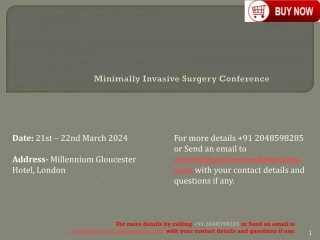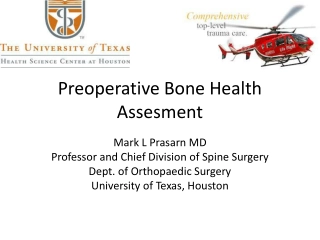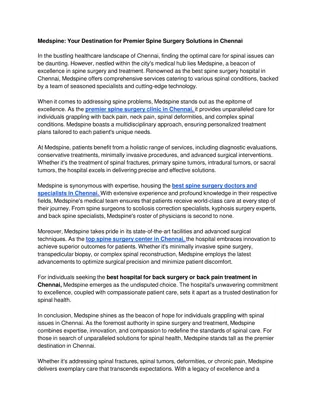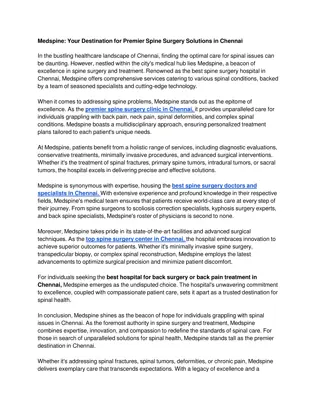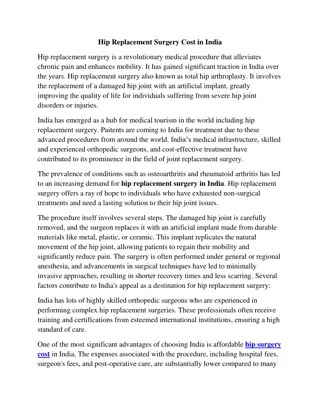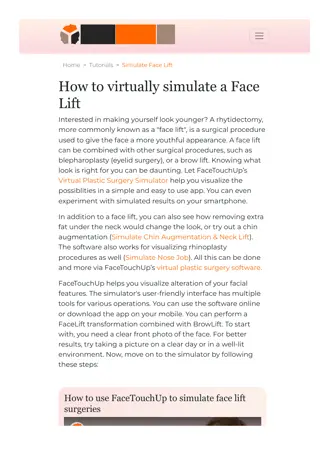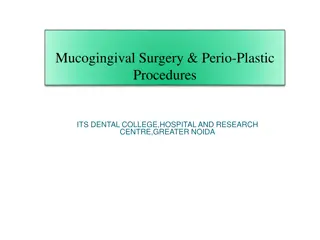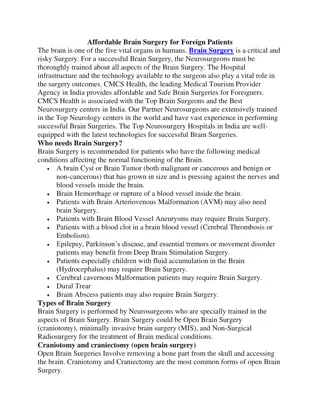Day Case Surgery
Admission of select patients for planned surgical procedures, returning home on the same day has several advantages like shorter inpatient stays, reduced infection risk, and cost savings. Proper patient preparation and selection are crucial for successful day case surgeries.
Download Presentation

Please find below an Image/Link to download the presentation.
The content on the website is provided AS IS for your information and personal use only. It may not be sold, licensed, or shared on other websites without obtaining consent from the author.If you encounter any issues during the download, it is possible that the publisher has removed the file from their server.
You are allowed to download the files provided on this website for personal or commercial use, subject to the condition that they are used lawfully. All files are the property of their respective owners.
The content on the website is provided AS IS for your information and personal use only. It may not be sold, licensed, or shared on other websites without obtaining consent from the author.
E N D
Presentation Transcript
Day Case Surgery Dr. Adel Al-Najjar Consultant Urology
Introduction Day case surgery is the admission of select patients to hospital for a planned surgical procedure, returning home on the same day. In the UK, this represents about 70% of all surgery performed. Surgical day cases are often viewed as the highest impact change in healthcare to improve productivity; healthcare guidelines have previously advised for a target of treating day surgery [rather than inpatient surgery] as the norm for elective surgery .
The advantages of day case surgery are: Shorter inpatient stays Reduced risk of hospital acquired infection Reduced waiting lists Reduced hospital costs Reduced demand for inpatient beds
Preparing for Day Case A patient undergoing a day case procedure should be advised not to eat and drink for the 6 hours prior to the surgery (when involving a general anesthetic). Most departments will allow a patient to drink clear fluids up to 2 hours before the procedure; local guidelines should be adhered to. Medications should be reviewed to ensure that they will not impact the planned surgery and additional guidance may be necessary from the operating surgeon and / or anesthetist. Often, this is one of the areas reviewed as part of a preoperative appointment with a specialist nurse or anesthetist.
Types of Day Case Surgery For a surgical procedure to be considered for day case surgery, it must meet the following criteria: Minimal blood loss expected Low risk of significant immediate complications No requirement for specialist aftercare Patient can manage pain and enteral nutrition at home Able to mobilise
Selection of the Patient Much of the success of day-case surgery is down to care in patient selection. Most hospitals follow local guidelines to aid in this, which generally include absolute and relative contraindications based on co-morbidities.
The selection of a patient for day surgery should be based upon social and medical factors: Social factors: a patient must understand the planned procedure, consent appropriately, and understand the following post-operative care The patient should also have sufficient provisions to have a responsible adult escort them home and provide support for the first 24 hours of post-operative care Medical factors: a patient s health must be suitable for a day case procedure, remembering that some stable chronic diseases (e.g. diabetes mellitus) can often be better managed as a day procedure to minimize any disruption to their daily routine Those with poorly-controlled or severe co-morbidities may not be suitable for a day case pathway



